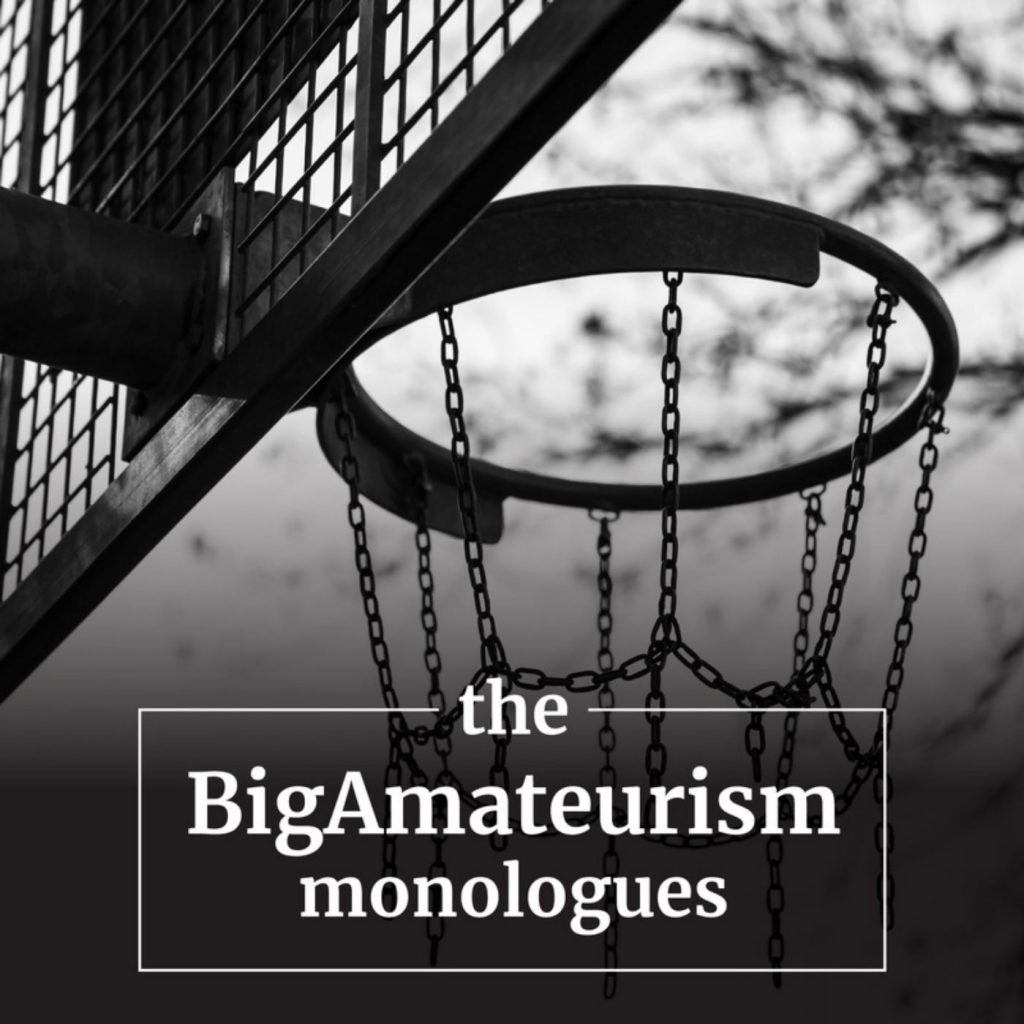Episodes
The words “amateur” and “amateurism” flow effortlessly from the mouths of NCAA lawyers and propagandists in litigation and public relations campaigns. But what is amateurism? After nearly 10 years of litigation in O’Bannon and Alston that focused in large measure on answering that lone question, the NCAA has failed to provide a defensible, coherent definition. This episode looks at amateurism through the eyes of the NCAA, sports and civil rights historians, lawyers, federal district and circuit court judges, U.S. Supreme Court justices, and former NCAA president Myles Brand through his conceptualization of the collegiate model. We analyze amateurism both as a free-standing value and as a procompetitive justification in the rule of reason antitrust framework as it relates to alleged consumer demand for amateurism. In the upcoming Alston oral argument, expect to be assaulted by the NCAA’s lawyers’ use of the words amateur and amateurism, but don’t expect them to be able to define it.
The NCAA and Power 5 have pursued a sophisticated dual strategy in Congress (primarily the Senate) and in Alston to eliminate federal courts as external regulators of college sports. The NCAA has sought antitrust immunity in the Senate through a stealth lobbying campaign that is disguised through the NCAA’s professed intention to seek name, image, and likeness “compensation” for athletes. The proposed bills the NCAA and its Senate allies put forth in 2020 have less to do with NIL compensation than with the acquisition of extraordinary federal protections and immunities that, if granted, would make the NCAA untouchable as the Iron Throne regulator of college sports. In the O’Bannon and Alston antitrust cases, the NCAA and Power 5 have sought the same immunity–explicitly in O’Bannon and disingenuously in Alston. Will the US Supreme Court see the NCAA’s power grab in Alston for what it is?
In this episode, we look at the federal judiciary’s deference to the NCAA’s conceptualization of amateurism in suits by athletes challenging the NCAA’s/Power’s amateurism-based business model. This deference has six components: (1) benign paternalism; (2) the allure of adhering to venerable American traditions and institutional interests; (3) deference to the judgments of values-based, voluntary nonprofit associations; (4) the fear of unintended consequences; (5) decades-long NCAA public relations campaigns for the preservation of the status quo in college sports; and, (6) endorsements of NCAA/Power 5 institutional and financial interests by credible public figures. These principles of values-based deference to the NCAA’s/Power 5’s interests operate invisibly to restrict the expansion of athletes’ rights in antitrust suits. Will the US Supreme Court be influenced by these principles?
In this episode, we set the table for the upcoming oral argument in the Alston v NCAA antitrust case. In Alston, the NCAA responds to a challenge to its amateurism-based compensation limits by arguing that as the guardian of amateur principles in college sports, it is immune from antitrust liability. If the NCAA wins on that point, it will be halfway to its ultimate goal of sitting on the Iron Throne of college sports regulation and the athletes’ rights movement will be dealt a devastating blow.
Show Notes
What is antitrust law and how is it relevant to the business of college sports? At its most essential level, antitrust law is free economic competition law. Limitations on open and free-market competition are disfavored in American commerce. Federal antitrust laws are rooted in basic American values of egalitarianism and equality of economic opportunity. The NCAA has a history of oppressive market behavior. In the 1984 Supreme Court decision Board of Regents, the NCAA was deemed a monopoly in its exclusive contracts with broadcast media outlets for televised big-time football. In 1998, the NCAA’s restrictions on assistant coaches’ salaries in men’s basketball were struck down as clear violations of antitrust/free competition laws. In the O’Bannon and Alston, the Ninth Circuit found that the NCAA’s limits on athlete benefits that were education-related violated antitrust laws. Antitrust lawsuits have had a profound effect on the evolution of the business of college sports. In Alston, the NCAA is asking for complete antitrust immunity in suits brought by revenue-producing athletes as a central element of its quest for the Iron Throne of college sports regulation. We look at five cases (Board of Regents, Law, White, O’Bannon, and Alston) to explain antitrust laws and illustrate how federal courts have handled challenges to NCAA monopolistic and cartel-like market behavior.
Resources for this Episode:
NCAA v. Board of Regents of the Univ. of Okla., 468 U.S. 85 (1984)
Law v NCAA, 134 F.3d 1010 (10th Cir. 1998)
O’Bannon v. National Collegiate Athletic Ass’n, 802 F. 3d 1049 (9th Cir. 2015)
In Re NCAA Ath. Grant-In-Aid Cap Antitrust Litig., 375 F. Supp. 3d 1058 (N.D. Ca. 2019)
Alston v NCAA (In re NCAA Ath. Grant-In-Aid Cap Antitrust Litig.), 958 F.3d 1239 (9th Cir. 2020)
SCOTUSblog (one-stop shopping for all Alston Supreme Court briefs)




